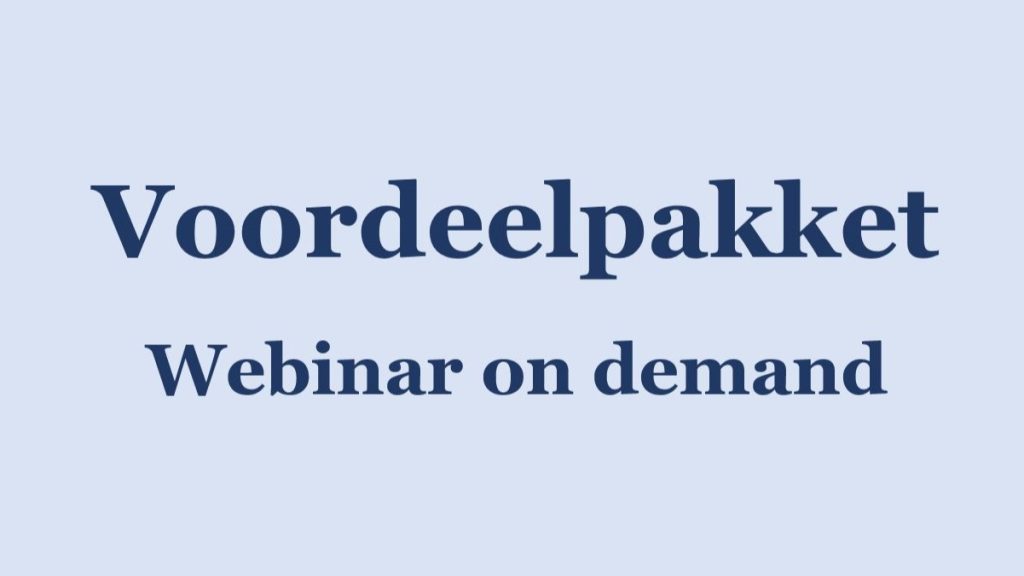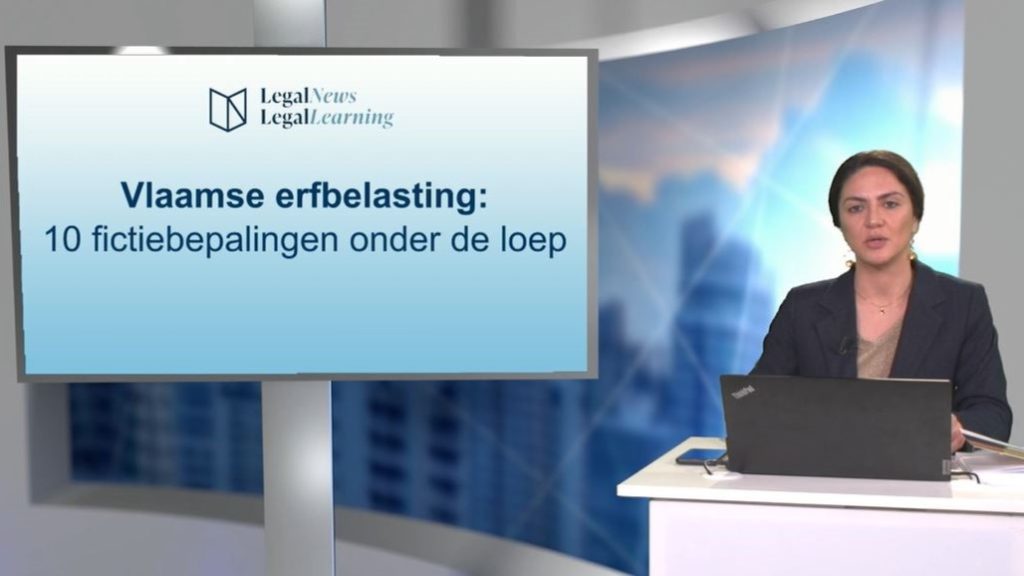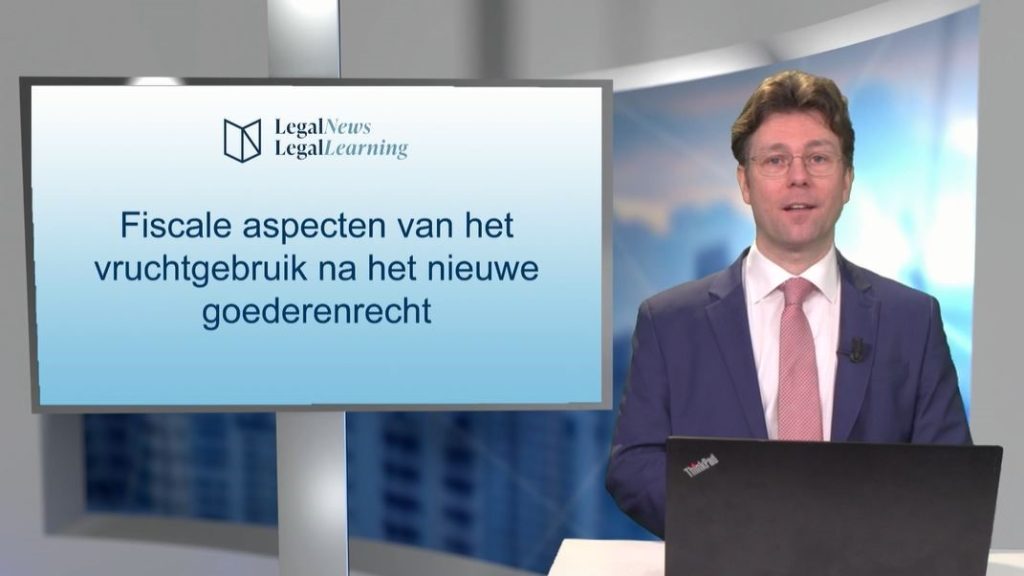Vereffening-verdeling van nalatenschappen:
16 probleemstellingen
Mr. Nathalie Labeeuw (Cazimir)
Webinar op vrijdag 26 april 2024
Woninghuur in Vlaanderen en Brussel:
het antwoord op 25 praktijkvragen
Mr. Ulrike Beuselinck en mr. Koen De Puydt (Seeds of Law)
Webinar op dinsdag 27 augustus 2024
Consumentenbescherming bij de verwerving
van financiële diensten: de laatste ontwikkelingen (optioneel met handboek)
Prof. dr. Reinhard Steennot (UGent)
Webinar op donderdag 30 mei 2024
Will the COVID-19 pandemic have an impact on financial covenants? (Stibbe)
Authors: Wouter Ghijsels en Marie De Roeck (Stibbe)
Publication date: 31/03/2020
In the Benelux and wider European market, many leveraged credit agreements still include certain financial covenants (including leverage covenants, interest and cashflow covers, etc.). All of these covenants rely (directly or indirectly) on the operational performance of a company (EBITDA). As it is expected that the coronavirus outbreak will negatively affect the operations of companies in a wide variety of sectors, any consequent breaches of financial covenants are likely inevitable.
To avoid or resolve covenant breaches, borrowers and sponsors could consider the following possible steps:
- Check your definitions – In case of a potential covenant breach, take a close look at your financing documentation and the relevant definitions used therein. Make sure that you have used all available add-backs (and pro forma application thereof), exceptions and exclusions – upon a recalculation, a covenant breach can be averted.
- Evaluate prepayment possibilities and equity cures – Depending on the situation, a voluntary prepayment of an amortising facility at the right time may prevent a covenant breach. Another solution to decrease (net) debt or (as the case may be, if so agreed) increase EBITDA is for the sponsor to inject additional equity. It should be noted however that an equity injection is typically only made after the covenant breach occurred, as a way to cure the breach, rather than to prevent it. How the cure amount is actually applied (towards debt or EBITDA) and whether there are limitations or any other conditions to the cure, will be set out in the financing documentation.
- Covenant waiver – Borrowers with an expected one-off financial covenant breach may seek a simple waiver of that breach. Depending on the financing documentation, a waiver will require (at least) majority lender consent. Additionally, a waiver fee might have to be paid. Please take into account that lenders, and their internal organisation, are also subject to the effects of the coronavirus, which could delay response times. Consequently, entering into discussions with the lender(s) on a timely basis is key.
- Covenant reset – If the borrower anticipates multiple and continuous covenant breaches due to the impact of the coronavirus, it could be useful to discuss a covenant reset with the lenders, to avoid having to ask for subsequent waivers. When considering a request for a covenant reset, lenders will likely require seeing an updated plan and financial model. It goes without saying that a reset process will take substantially more time than a waiver request. Additionally, when renegotiating the covenant levels, lenders may request in turn an amendment to other terms of your financing documentation, or implement other protective features (think of a cash sweep, amortisation or even pricing terms). Here too, an amendment fee might have to be paid. Finally, note that, since the length of the coronavirus pandemic is still unknown, lenders may be reluctant to renegotiate an agreement without having a view on the total financial impact the pandemic will have on the borrower.
» Bekijk alle artikels: Successie & Vermogen
















